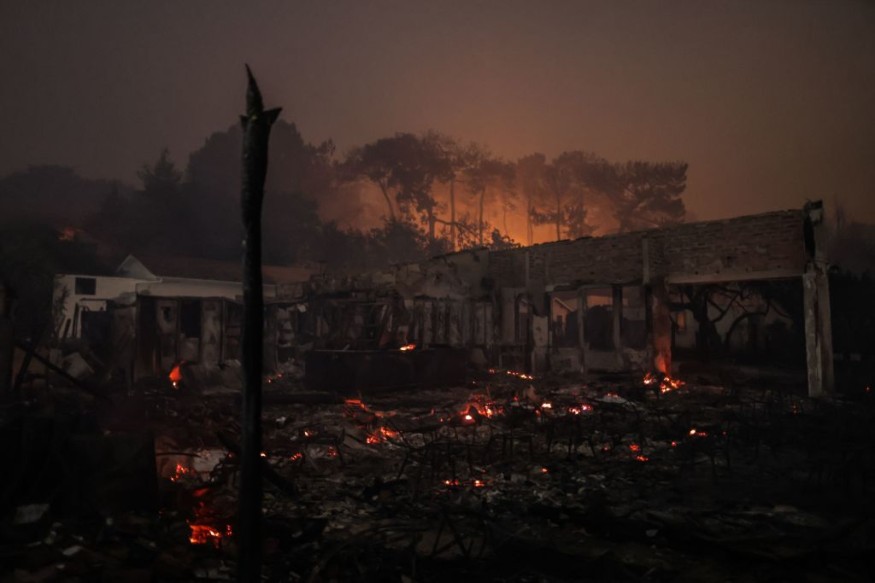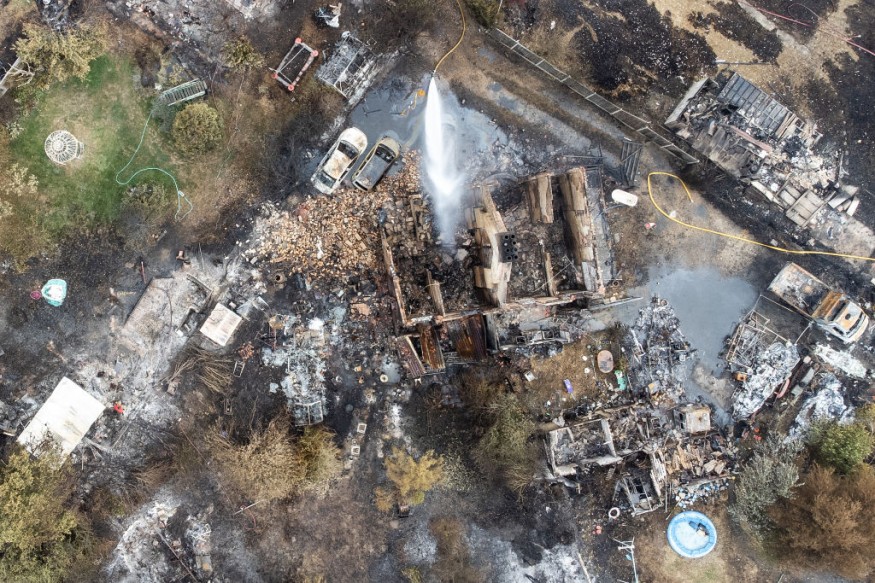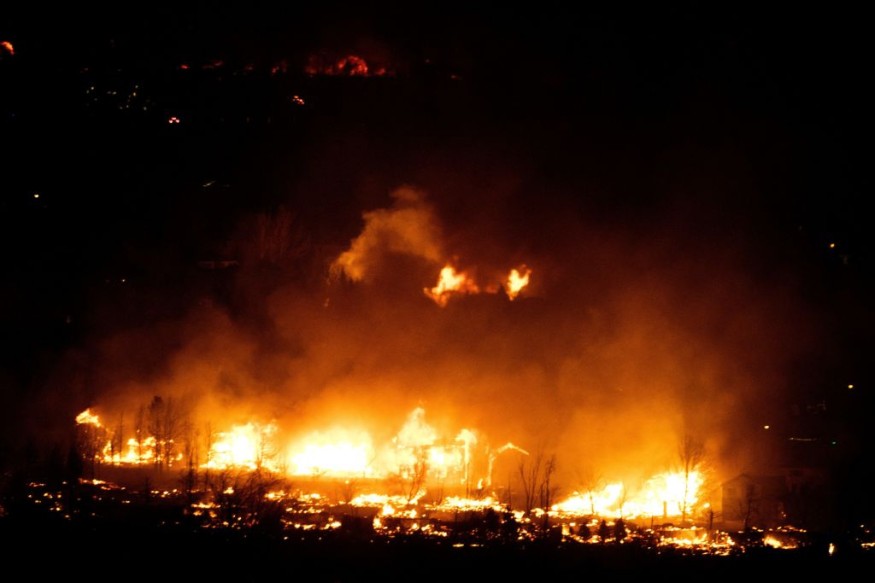The UN said on Wednesday that climate change-related heatwaves and wildfires are predicted to be more frequent and intense, impairing air quality and threatening ecosystems and human health.

Mountain Ranges Getting Hotter
According to Isla Simpson, a scientist at the National Center for Atmospheric Research in Boulder, Colorado, mountain ranges are receiving less snow due to the planet's warming, which means there will be less water pouring into streams during the summer melt.
With concentrations in eastern Siberia reaching "levels not witnessed previously," the WMO's annual Air Quality and Climate Bulletin, which investigated the effects of big wildfires throughout Siberia and western North America in 2021, found that they created broad increases in health risks.
Since they can pierce the heart or lungs, microscopic particles (PM2.5) with a diameter of less than 2.5 micrometers are considered particularly dangerous.
Relationship Between Air Pollution and Wildfires

Even under a low emissions scenario, wildfires and related air pollution are anticipated to rise as the planet heats, according to WMO director Petteri Taalas.
Air pollutants falling from the atmosphere to the Earth's surface will influence ecosystems and affect human health.
As a result of fewer fires in savannas and grasslands, there has been a decrease in the overall burnt area globally during the previous 20 years.
But according to WMO, there have been far more fires in several areas, including western North America, the Amazon, and Australia.
Worsening Air Quality

A hotter temperature may degrade air quality and increase pollutants, causing wildfires.
Taalas warned that "this is a foretaste of the future" by pointing out that this year's extreme heatwaves in Europe and China, together with steady high atmospheric conditions, sunshine, and low wind speeds, had been "conducive to high pollution levels."
He predicted that heatwaves would become more frequent, intense, and prolonged. This might result in even poorer air quality.
The "climate penalty" refers to this phenomenon, which describes how climate change increases ground-level ozone generation, which has a detrimental effect on air quality.
Ozone protects against cancer-causing UV radiation in the stratosphere, but it is exceedingly dangerous to human health when it is closer to the Earth.
Climate Penalty Inevitable
According to WMO scientific officer Lorenzo Labrador, if emission levels stay high, this climate penalty is anticipated to be responsible for "a fifth of all surface ozone concentration growth."
He cautioned that the majority of that rise will occur across Asia, where "you have around one-fourth of the whole world population."
Emission Affecting Air Quality
The WMO emphasized that a global carbon neutrality emissions scenario would prevent future instances of high ozone air pollution in its plea for action.
Since chemicals that affect air quality are typically released simultaneously as greenhouse gases, the paper makes the connection between air quality and climate.
It said, "Changes in one invariably cause changes in the other."
Related Article : Fear of Cancer Rises Among Residents of Areas Polluted by Forever Chemicals in the US
For similar news, don't forget to follow Nature World News!
© 2025 NatureWorldNews.com All rights reserved. Do not reproduce without permission.





